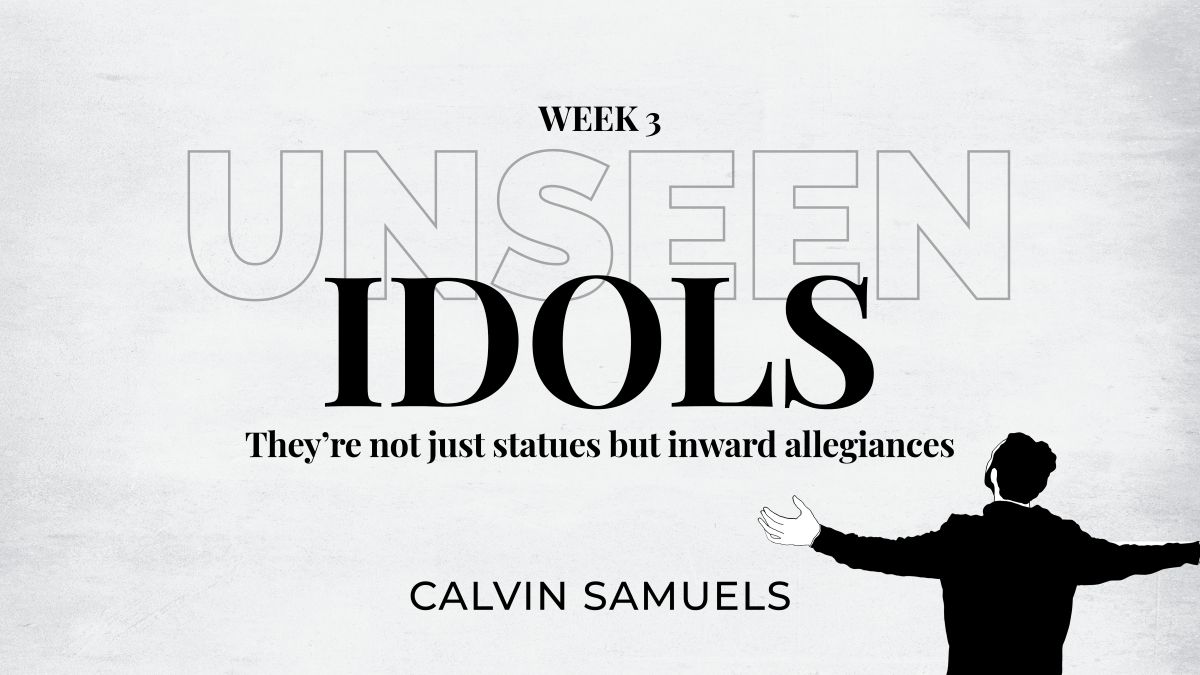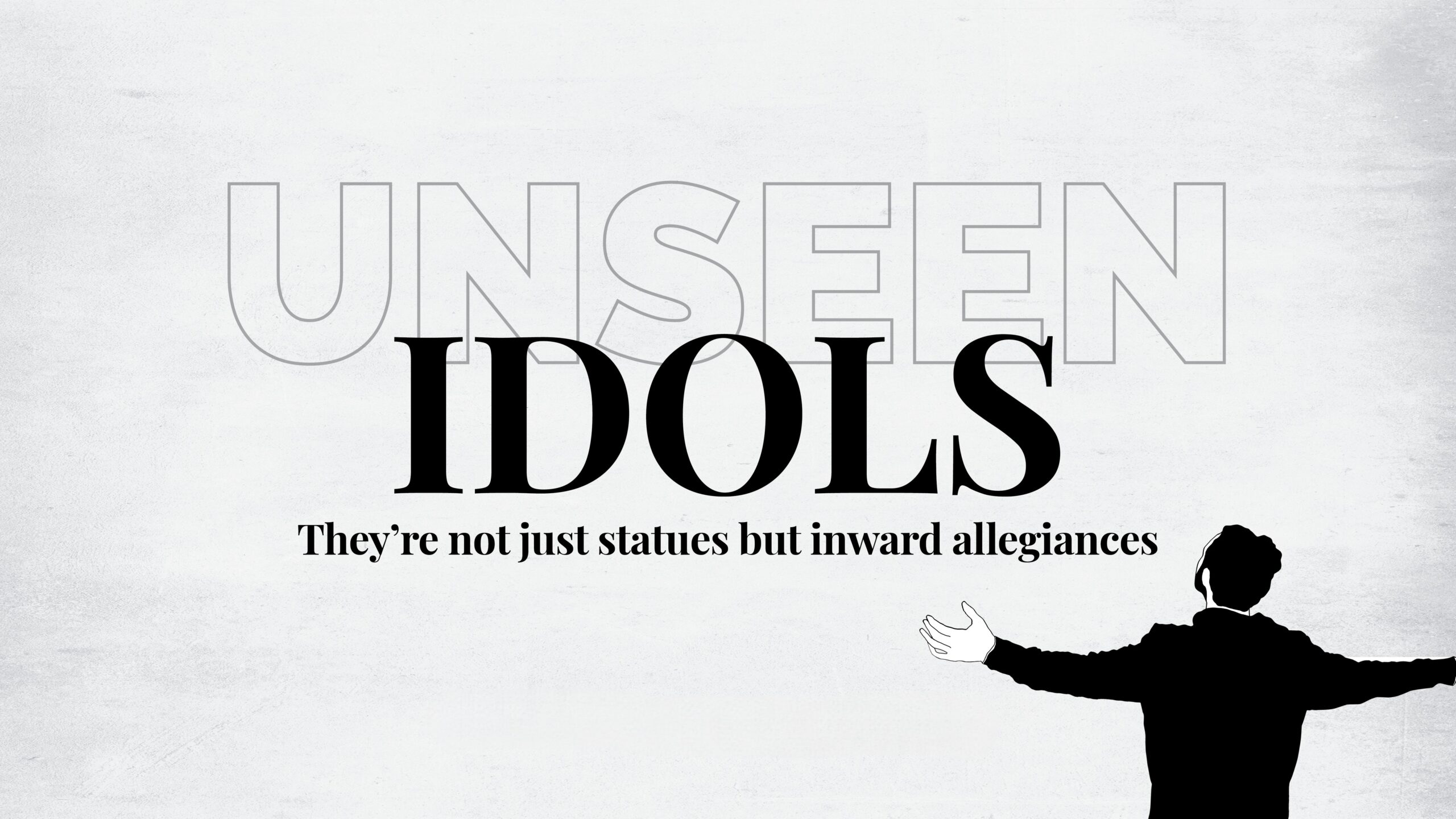The most dangerous idols are often unseen, like the subtle desire for control that can masquerade as virtue. This desire becomes an idol when our personal plans and sense of security supersede our trust in God’s presence. The Apostle James offers a powerful corrective, reminding us that life is brief (“morning fog”) and that we must always qualify our plans with, “If the Lord wants us to, we will live and do this or that” (James 4:13-16, NLT). Failing to do so is evil boasting.
Recognizing the Idol in Our Hearts
Identifying a hidden idol requires a spiritual site inspection, as theologian Tim Keller observed that the heart is an “idol factory.” Idolatry is about “inward allegiances” (Colossians 3:5), seeking from anything other than God what only He can give. The impulse to seize control, like instinctively grabbing a non-existent brake in a panic, reveals fear and what we truly trust. The true test of this idol’s presence is not how we feel when we have it, but how we react when it is taken away—losing control reveals if we have an allegiance to anything that, if lost, would make life feel “hardly worth living.”
A Tale of Two Kings: Responding to Lost Control
The lives of King Saul and King David provide a stark contrast in reacting to lost control. When faced with the Philistine army, a terrified Saul desperately tried to manipulate God for an answer, eventually resorting to forbidden acts to regain control. His approach was to treat prayer as a list of demands. In contrast, after David spent 12 years on the run and even compromised by seizing his own control, he faced total devastation with the burning of Ziklag and the capture of his family. In this moment of utter loss, David strengthened himself in the LORD his God and humbly inquired of the Lord, then submitted to His command (1 Samuel 30:6b-8). David used prayer as a lifeline to find God, not a lever to force His hand.
Letting God Be God
David’s template—to strengthen oneself in the Lord, inquire, and submit—is the key to overcoming the idol of control, built upon the truth that our control is an illusion. God is sovereign; “he does all that he pleases” (Psalm 115). His ultimate control is either a threat or the greatest comfort, depending on our faith in His goodness.
The songwriter Steven Curtis Chapman reminds us that peace is found in accepting our human limits: “God is God and I am not.” At its core, the idol of control is the original sin of seeking to be our own god; letting go of it means practically and fully letting God be God.
Personal Reflection
Take a moment to prayerfully invite God to search your heart, just as David did. Consider your own life in light of this devotional and ask Him to reveal any areas where the unseen idol of control has taken root.
- When you feel things slipping out of your control, what is the immediate response of your heart?
- In what area of your life are you currently trying to force a specific outcome, rather than submitting it to God?
- Think of a time God’s plan seemed to be taking too long. Like David, did you take matters into your own hands, and what was the result?
- Are your prayers more like a list of demands to a service provider or a humble petition to a sovereign God you trust?
- What would it look like, in a practical sense, for you to “let God be God” in your biggest current worry?
Closing Prayer
Lord, I invite You to search me and know my heart. Test me and know my anxious thoughts. Please point out anything in me that offends you—especially the hidden idol of control. Forgive me for the times I have trusted in my own plans more than in Your providence. Grant me the grace to surrender my will, my timelines, and my desire for certainty into Your loving hands. Help me to trust that You are God, that You are good, and that You are in control. Lead me in Your everlasting way. Amen.



